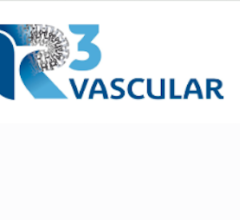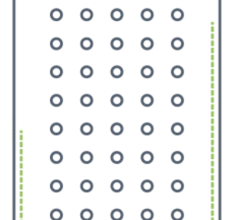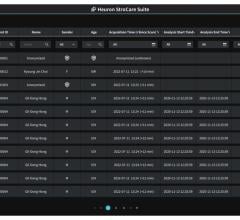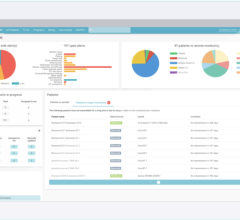
June 04, 2025 — HeartSciences Inc. has announced that the U.S. Food and Drug Administration has granted Breakthrough Device designation for its Aortic Stenosis (“AS”) ECG algorithm.
Aortic Stenosis is one of the most serious and common heart valve diseases, often progressing silently and leading to severe, life-threatening outcomes if left undetected. Early symptoms are frequently vague or absent, resulting in delayed diagnosis and treatment. If unrecognized, AS can cause irreversible myocardial damage and significant deterioration in cardiac function.
The algorithm would offer a novel, AI-driven ECG solution capable of detecting moderate-to-severe aortic stenosis. Once cleared by the FDA, the algorithm will be accessible through HeartSciences' MyoVista Insights cloud-based platform which would directly integrate with hospital electronic health record (EHR) systems, requiring no additional hardware or testing.
This technology provides several key clinical advantages:
- Detection in asymptomatic or under-evaluated patients who may not yet show signs of AS.
- Real-time or retrospective analysis using existing ECG data already captured during routine care.
- Expanded access to early diagnosis, especially in underserved areas lacking specialized cardiac imaging or providers.
The algorithm was developed using advanced convolutional neural network (CNN) deep learning techniques and trained on more than 120,000 ECG records. In performance evaluations, it demonstrated the ability to detect aortic stenosis up to 24 months prior to confirmatory echocardiography, with diagnostic accuracy (AUROC) increasing as the disease progressed.
This breakthrough gives clinicians the ability to identify aortic valve disease earlier in its course, allowing for timely interventions and improved patient outcomes. The AI-ECG algorithm was developed at the Icahn School of Medicine at Mount Sinai by Dr. Akhil Valid.
"Receiving FDA Breakthrough Device Designation marks another significant milestone for HeartSciences," said Andrew Simpson, CEO of HeartSciences. "By combining the widespread accessibility of ECGs with the power of deep learning, our aortic stenosis algorithm has the potential to transform how this serious and often silent disease is detected—leading to earlier referrals, better treatment pathways, and ultimately, improved lives."
For more information, please visit: www.heartsciences.com.


 June 12, 2025
June 12, 2025 









